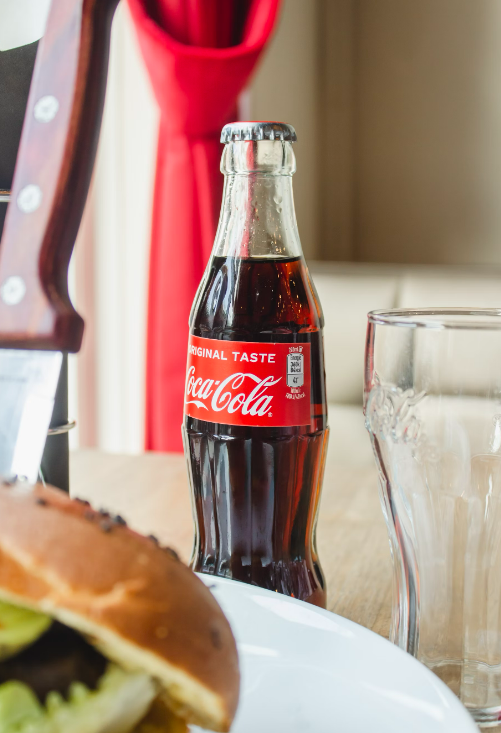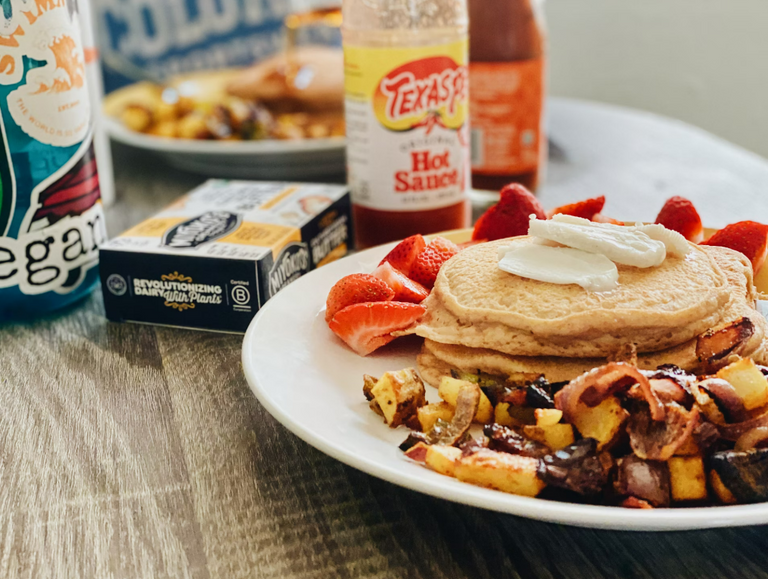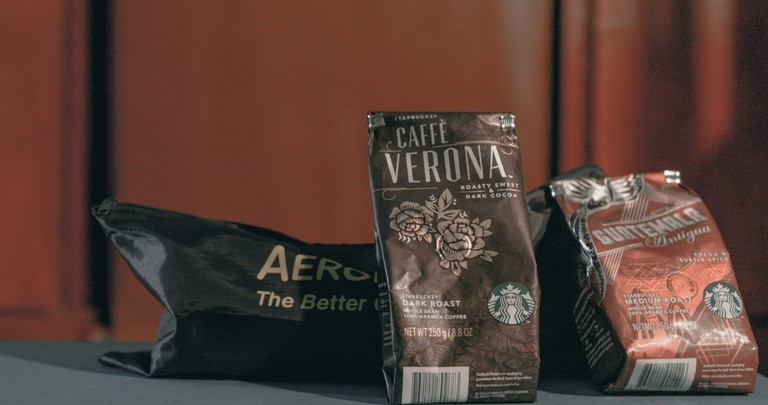Packaged foods offered by companies may seem like a convenient option, but they often come with hidden drawbacks that can impact your health and well-being. Here's why you might want to think twice before reaching for those shiny packets:
1. Loaded with Preservatives and Additives
Most packaged foods are designed to last long on shelves. To achieve this, manufacturers add preservatives, artificial colors, flavors, and emulsifiers. These chemicals may be safe in small doses, but excessive consumption has been linked to health issues such as allergies, digestive problems, and even chronic conditions like cancer.
2. High Levels of Sodium and Sugar
To enhance flavor and ensure a longer shelf life, packaged foods often contain excessive amounts of sodium and sugar. Over time, these can contribute to hypertension, heart disease, diabetes, and weight gain.
3. Low Nutritional Value
Packaged foods are often heavily processed, stripping away essential nutrients like fiber, vitamins, and minerals. What you end up consuming are empty calories that don't support your overall health.
4. Hidden Trans Fats and Unhealthy Oils
Many packaged snacks and ready-to-eat meals are made with hydrogenated oils, which contain trans fats. Trans fats can raise bad cholesterol (LDL) levels, lower good cholesterol (HDL), and increase your risk of heart disease and stroke.
5. Risk of Contamination
Mass production of packaged foods can lead to contamination risks, such as foodborne illnesses caused by poor manufacturing practices or inadequate storage conditions. Recalls on packaged foods due to contamination aren't uncommon.
6. Plastic and Packaging Waste
Many packaged foods are wrapped in non-biodegradable plastics, contributing significantly to environmental pollution. By reducing your reliance on packaged products, you can make a positive impact on the planet.
7. Encourages Unhealthy Eating Habits
Packaged foods are engineered for taste and convenience, making it easy to overeat. They often lack the satiety that whole, unprocessed foods provide, leading to unhealthy eating patterns.
What to Do Instead?
- Choose Fresh and Whole Foods: Opt for fruits, vegetables, whole grains, and lean proteins.
- Cook at Home: Preparing meals from scratch allows you to control what goes into your food.
- Read Labels: If you do buy packaged foods, look for short ingredient lists with items you recognize.
- Support Local: Buy fresh produce from local farmers or markets.
Your health is your greatest investment. By avoiding packaged company foods, you can enjoy better nutrition, reduce health risks, and contribute to a more sustainable planet.


